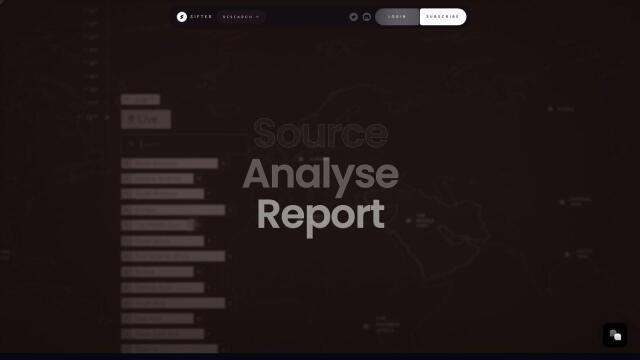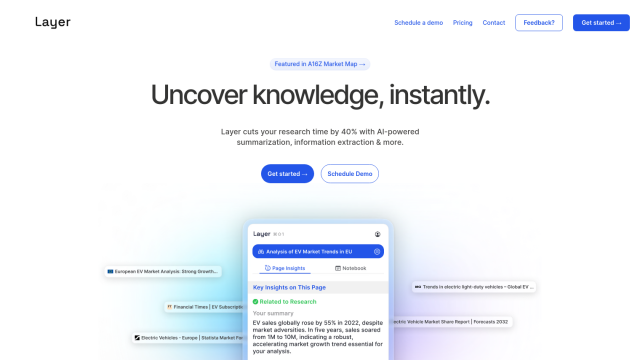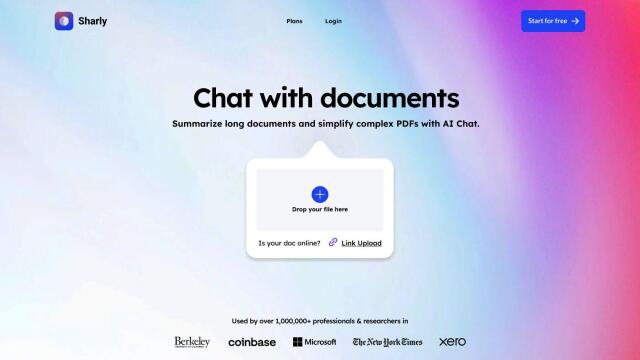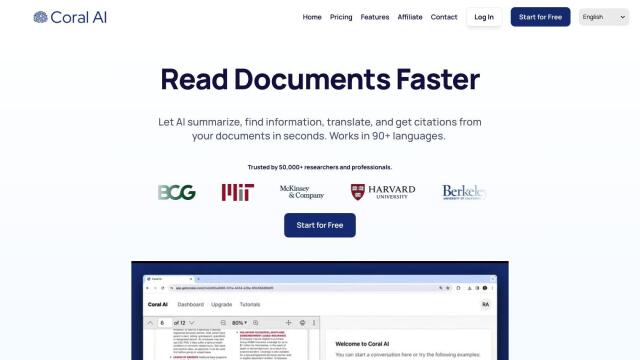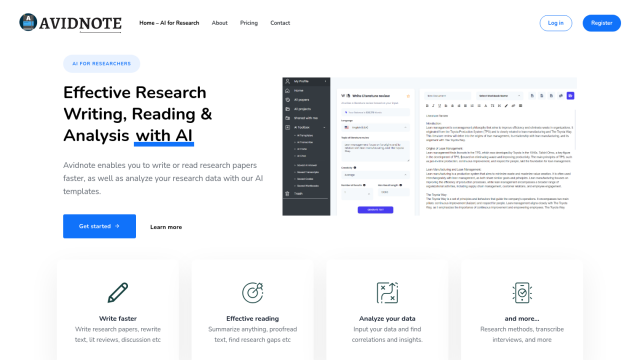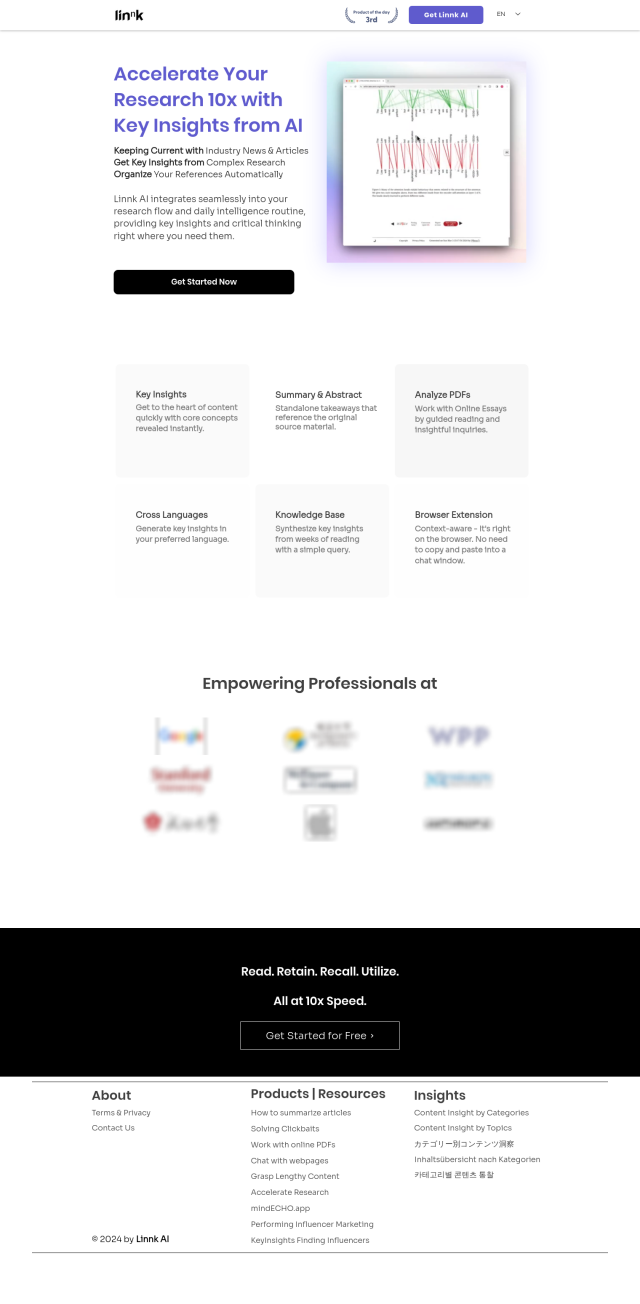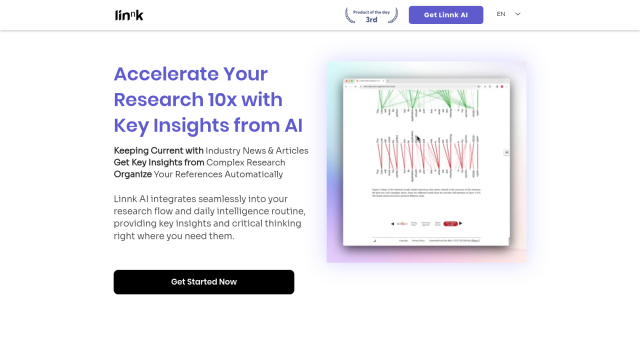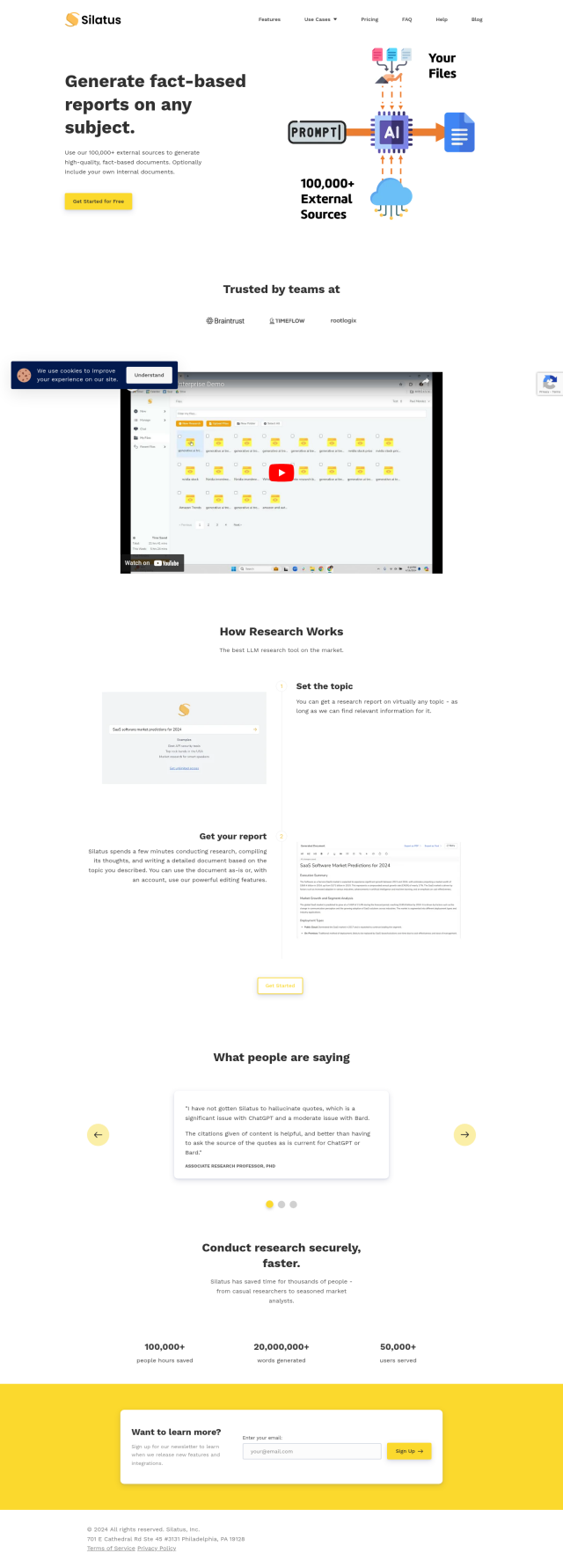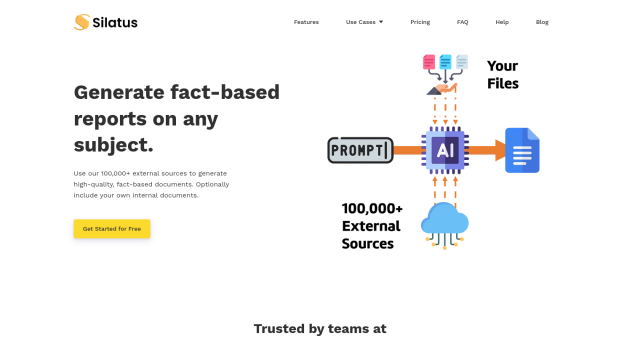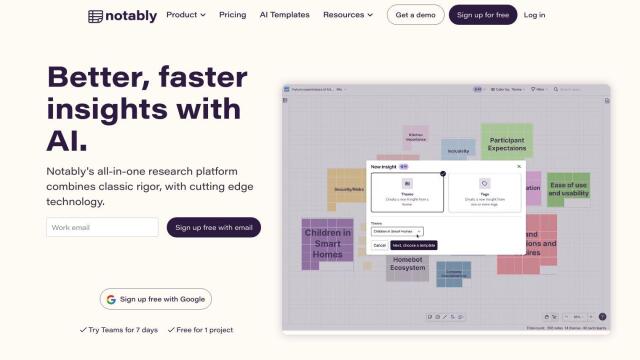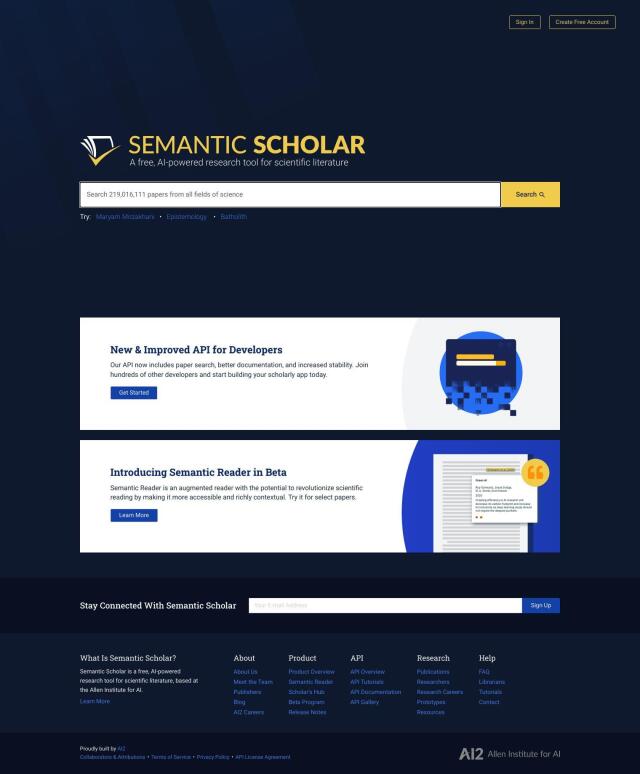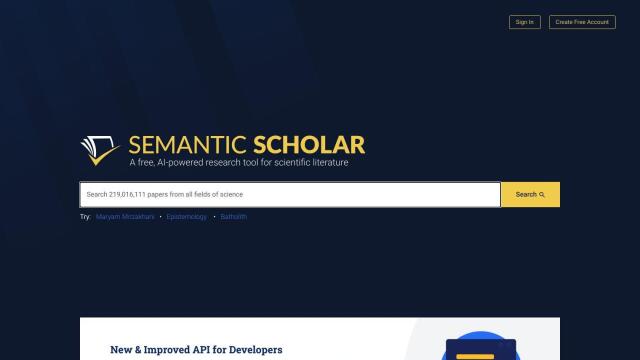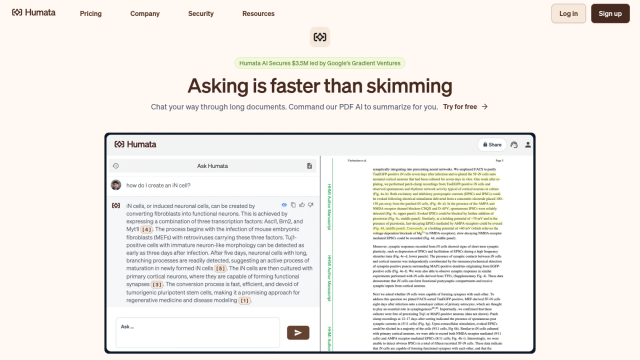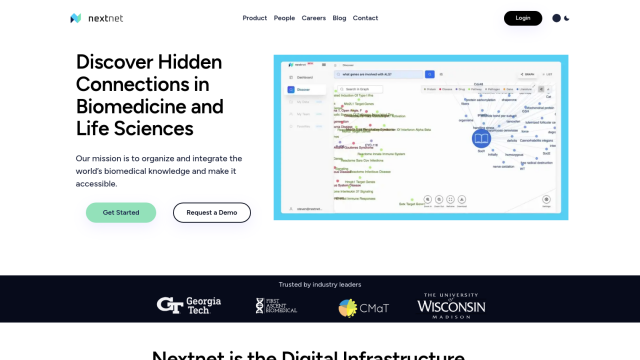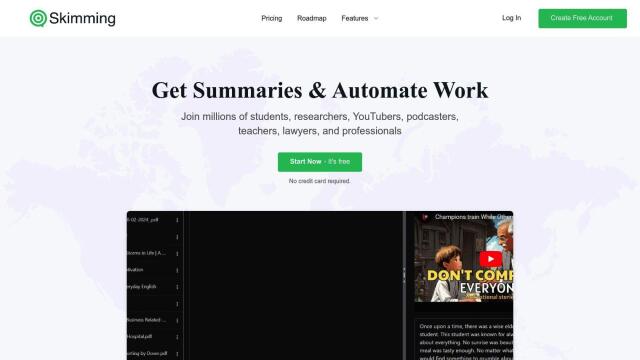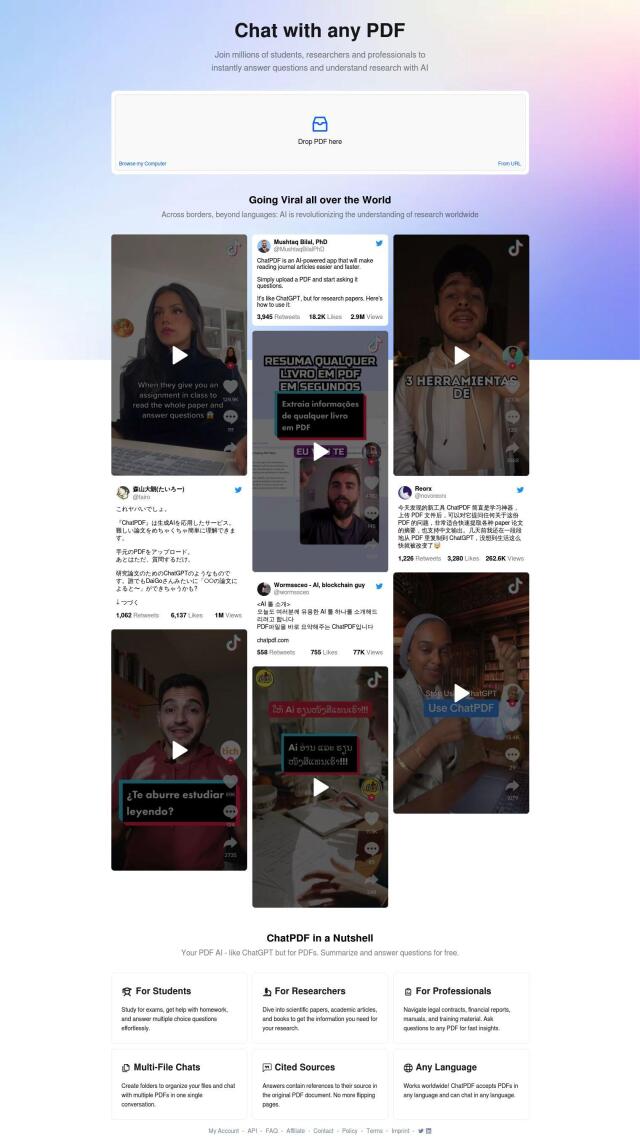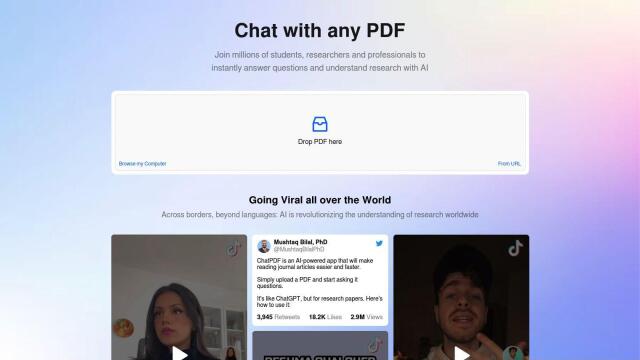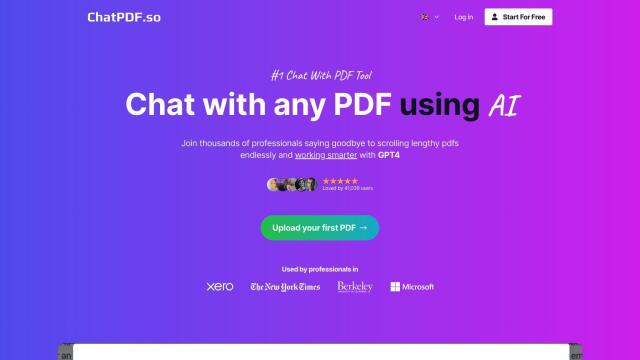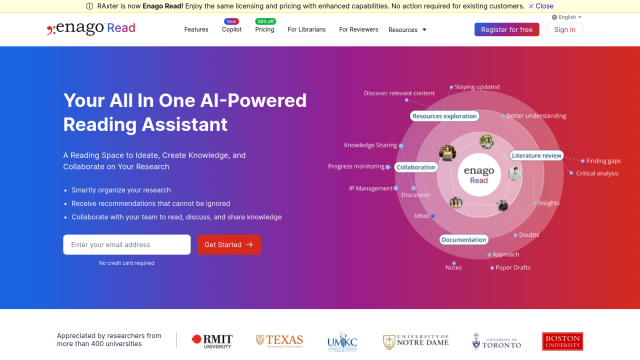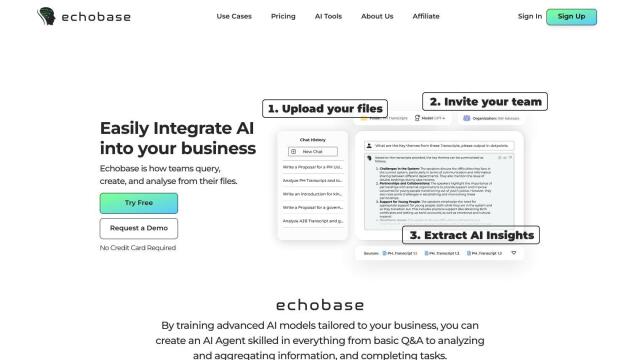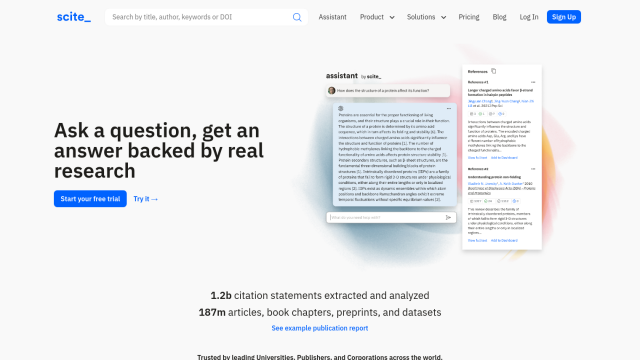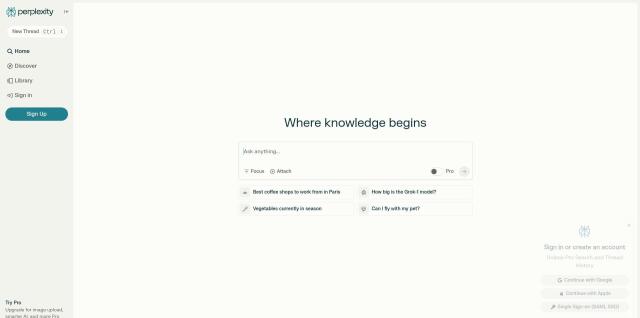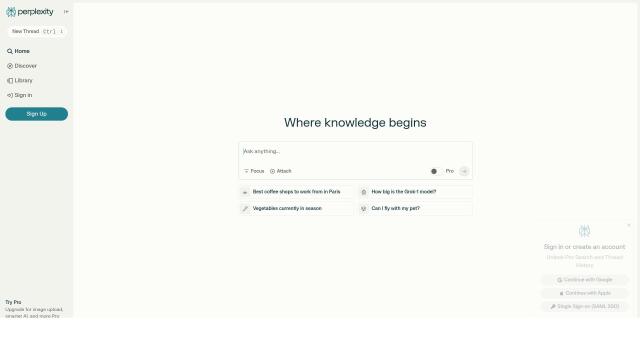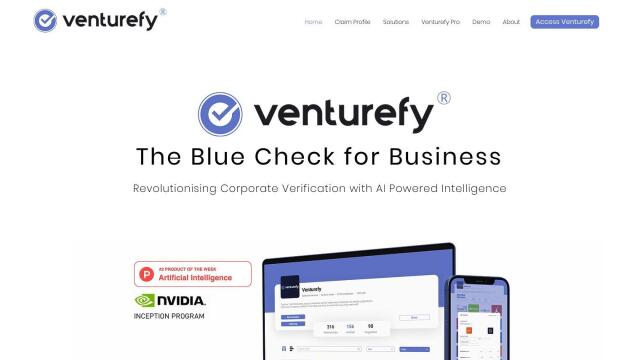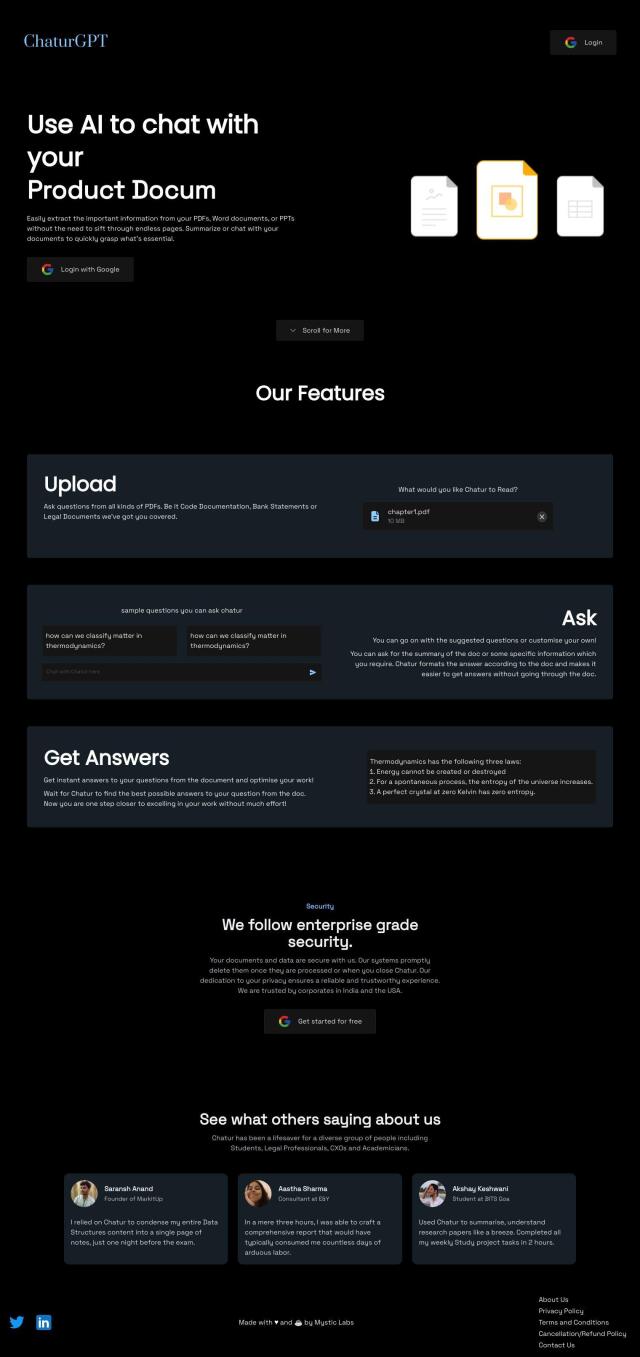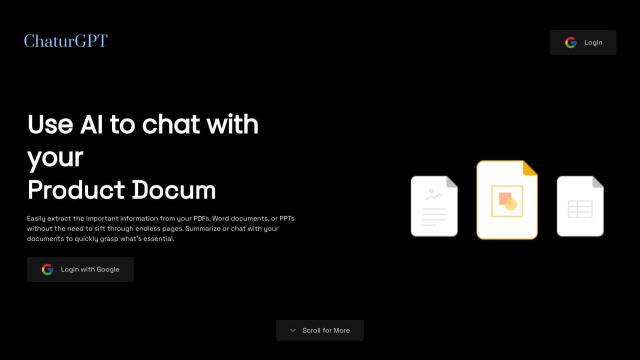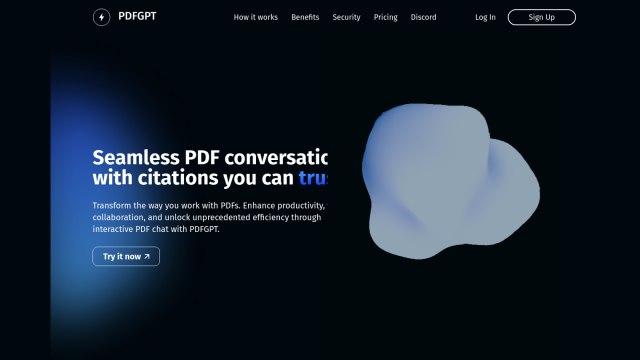
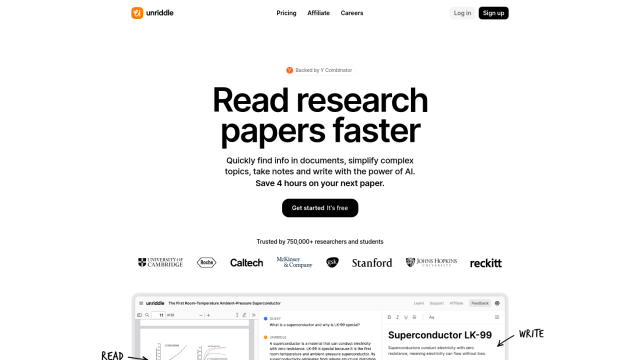
Unriddle
If you're looking for a Sifter alternative, Unriddle is a strong contender. It's an AI-based information retrieval system that lets you read and research documents by creating an AI assistant atop any document. The tool can summarize complex topics, find and highlight related sources, and create interactive graphs to show relationships. It can handle more than 90 languages and works through a Chrome extension for easy integration, so it's a good choice for researchers who need to quickly process and extract information from lots of documents.


Otio
Another strong contender is Otio, an AI-first workspace for research that lets you summarize and chat with your documents. With AI models like GPT-4o and Claude 3, Otio can come up with new ideas, create outlines for reports and organize documents automatically. It can handle more than 20 languages and can ingest long documents, including videos and PDFs. The service is designed for researchers, students and analysts who want to spend less time reading and processing information.


Elicit
Elicit is also worth a look if you're doing academic research. It lets you quickly find, summarize and extract data from more than 125 million academic papers. Elicit can spot themes and concepts, automate systematic reviews and even converse with the content of papers. It's good for empirical subjects like biomedicine and machine learning, and it's available in Basic, Plus and Enterprise/Institutional plans depending on your needs and budget.

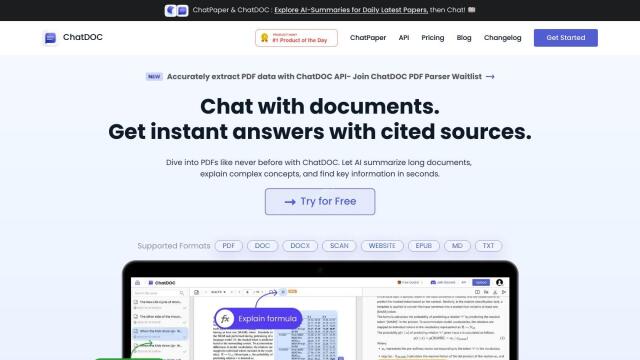
ChatDOC
Last, ChatDOC is a flexible AI-based information retrieval system that can analyze and summarize documents of different types, including PDFs and websites. It can provide quick answers to questions, detailed AI analysis and multi-document chat for deeper research. The tool also lets you train your own models for more precise answers and integrates with a browser extension for easy upload and Q&A, so it's a good option for students, professionals and businesses.

